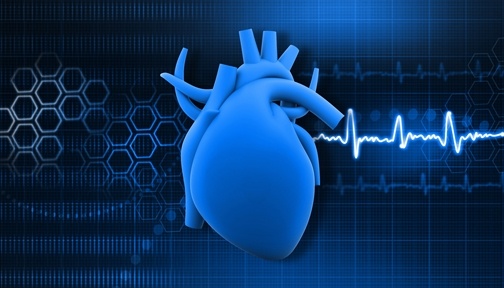
A new study by researchers at the Stanford Cardiovascular Medicine has used stem cells to create patient-specific cardiac cells. The team used Induced Pluripotent Stem Cells (IPSC), which are capable of turning into any type of human cells, to generate new heart cells.
The research is thought to be a breakthrough for the use of IPSCs and “personalised medicine” where treatments are developed that are unique to a specific patient’s disease.
Researchers created IPSCs from the skin cells of patients then prompted them to become cardiac cells in the laboratory. IPSCs are very useful as a research tool because they carry the DNA of the patient that they came from. Creating heart cells from stem cells has been done before, but not for a diagnostic purpose.
The IPSCs came from the person with a genetic condition called dilated cardiomyopathy (DCM). The IPSC-generated heart cells carried the same genetic anomaly and were useful for finding where the specific mutation causing DCM. By finding the mutation within cardiac cells in the laboratory, scientists could then develop a drug that targets the specific mutation causing DCM.
Lead author of the paper Dr Joseph Wu suggests that IPSCs could be useful for developing patient-targeted drugs for many conditions. Doctors could simply grow the affected cells in a petri dish using IPSCs then examine them for genetic anomalies causing the conditions. Obtaining heart cells from stem cells also allows researchers to test new drugs in a petri dish instead of on a patient.
Lead researcher Dr Joseph Wu, suggests that the new technique may be used for many purposes, saying: “[It’s a] general movement toward using these IPS cells for disease modelling, understanding the disease, drug discovery and for personalised medicine”
From: Researchers develop patient-specific heart cells from stem cells
{{cta(‘3fe0aac7-7562-46dc-b8b9-c706d9cfd6b1’)}}
{{cta(‘fec594e9-5433-4350-9180-2bdd371eb399’)}}


